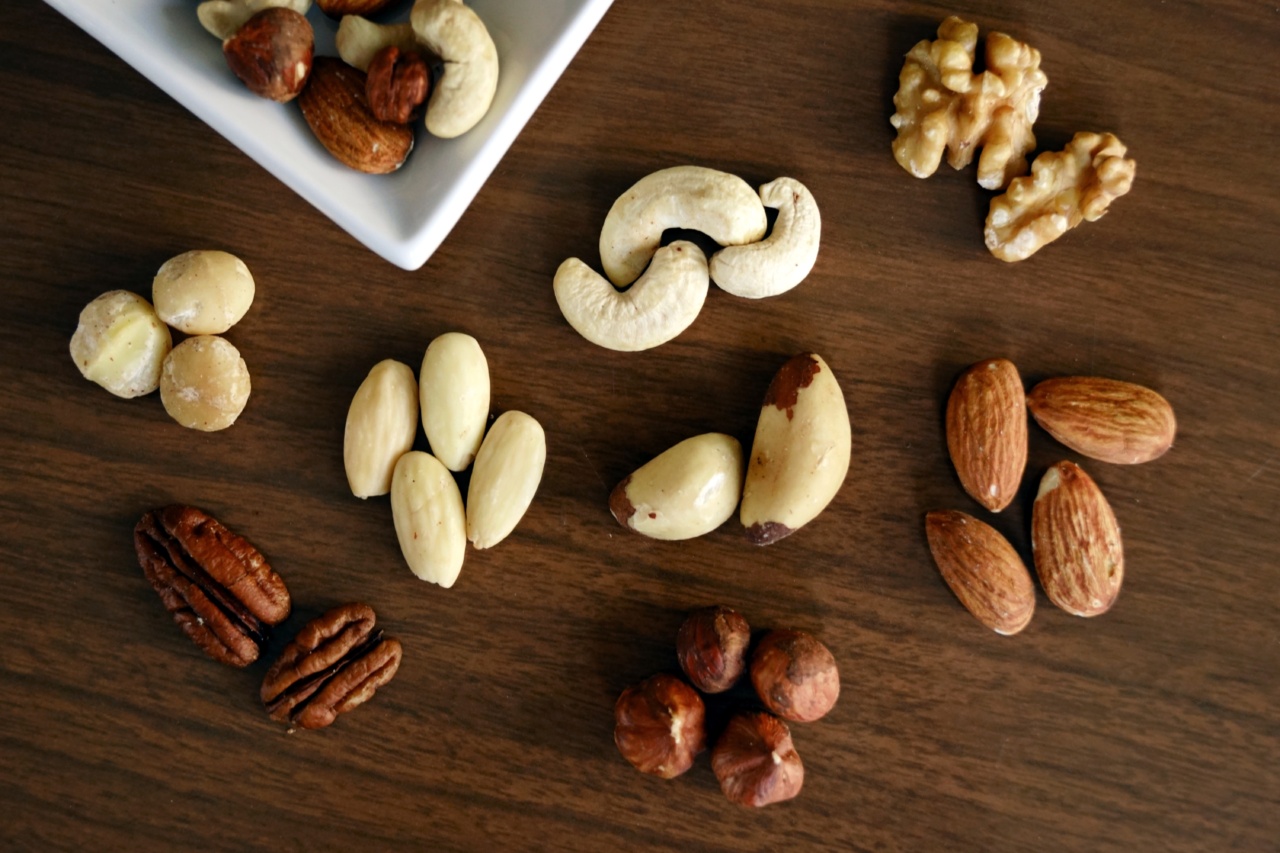Linseed, also known as flaxseed, is a tiny seed that is packed with health benefits. It is an excellent source of omega-3 fatty acids, fiber, and lignans, which are known to reduce the risk of various health problems.
In this article, we will explore the health benefits of linseed and how they can improve your overall well-being.
What is Linseed?
Linseed is an annual plant that belongs to the Linaceae family. It is commonly grown in regions such as Europe, Asia, and North America. The plant bears blue flowers and produces small, shiny, and brownish seeds, which are about the size of a sesame seed.
Linseed is widely used for its nutritional benefits and is a popular ingredient in many health supplements.
Nutritional Benefits of Linseed
Linseed is a nutritional powerhouse that is packed with essential nutrients. It is particularly high in omega-3 fatty acids, fiber, and lignans. Here is a breakdown of the nutritional benefits of linseed:.
Omega-3 Fatty Acids
Linseed is one of the best plant-based sources of omega-3 fatty acids. These essential fatty acids play a crucial role in maintaining heart health and reducing the risk of heart disease.
Omega-3s are also important for brain function, joint health, and reducing inflammation in the body.
Fiber
Linseed is an excellent source of soluble and insoluble fiber. Soluble fiber helps to reduce cholesterol levels in the blood, while insoluble fiber promotes bowel regularity and reduces the risk of constipation.
A 30-gram serving of linseed contains around 8 grams of fiber, which is roughly one-third of the daily recommended intake for adults.
Lignans
Lignans are a type of phytoestrogen that is found in high concentrations in linseed. These compounds have been shown to have anti-cancer properties and can help to reduce the risk of breast cancer in women.
Lignans may also have a protective effect against cardiovascular disease and can help to reduce inflammation in the body.
Health Benefits of Linseed
Linseed has numerous health benefits that can improve your overall well-being. Here are some of the main health benefits of linseed:.
Reduces the Risk of Heart Disease
Studies have shown that linseed can help to reduce the risk of heart disease by lowering blood pressure, reducing inflammation, and improving cholesterol levels.
The omega-3 fatty acids in linseed can help to prevent the buildup of plaque in the arteries, which can lead to heart attacks and strokes.
Improves Digestive Health
The high fiber content of linseed can help to promote bowel regularity and prevent constipation. Linseed is also rich in mucilage, a type of soluble fiber that can soothe the digestive tract and reduce inflammation.
Some studies have even suggested that linseed may help to prevent colon cancer.
Helps to Control Blood Sugar Levels
Linseed has been shown to help regulate blood sugar levels, which can be beneficial for people with diabetes. The soluble fiber in linseed can slow the absorption of glucose in the bloodstream and reduce insulin resistance.
This can help to prevent spikes in blood sugar levels and improve overall glycemic control.
May Reduce the Risk of Cancer
The lignans in linseed have been shown to have anti-cancer properties and can help to reduce the risk of breast cancer in women. Some studies have also suggested that linseed may have a protective effect against prostate cancer and colon cancer.
May Improve Skin Health
The omega-3 fatty acids in linseed can help to improve skin health by reducing inflammation and improving hydration. Some studies have even suggested that linseed may help to reduce the appearance of wrinkles and improve overall skin texture.
How to Use Linseed
There are several ways to incorporate linseed into your diet. Here are some ideas:.
Add Linseed to Smoothies or Yogurt
Add a tablespoon of ground linseed to your morning smoothie or yogurt bowl for an extra boost of nutrition.
Sprinkle Linseed on Salads
Sprinkle ground linseed on top of your favorite salad for a healthy and crunchy addition.
Bake with Linseed
Use ground linseed as a substitute for eggs in baking recipes or add it to your favorite muffin or bread recipe for an extra dose of nutrition.
The Bottom Line
Linseed is a nutritional powerhouse that is packed with health benefits. It is a great source of omega-3 fatty acids, fiber, and lignans, which can improve heart health, digestive health, and reduce the risk of cancer.
There are many ways to incorporate linseed into your diet, so start experimenting and reaping the benefits today!.





























